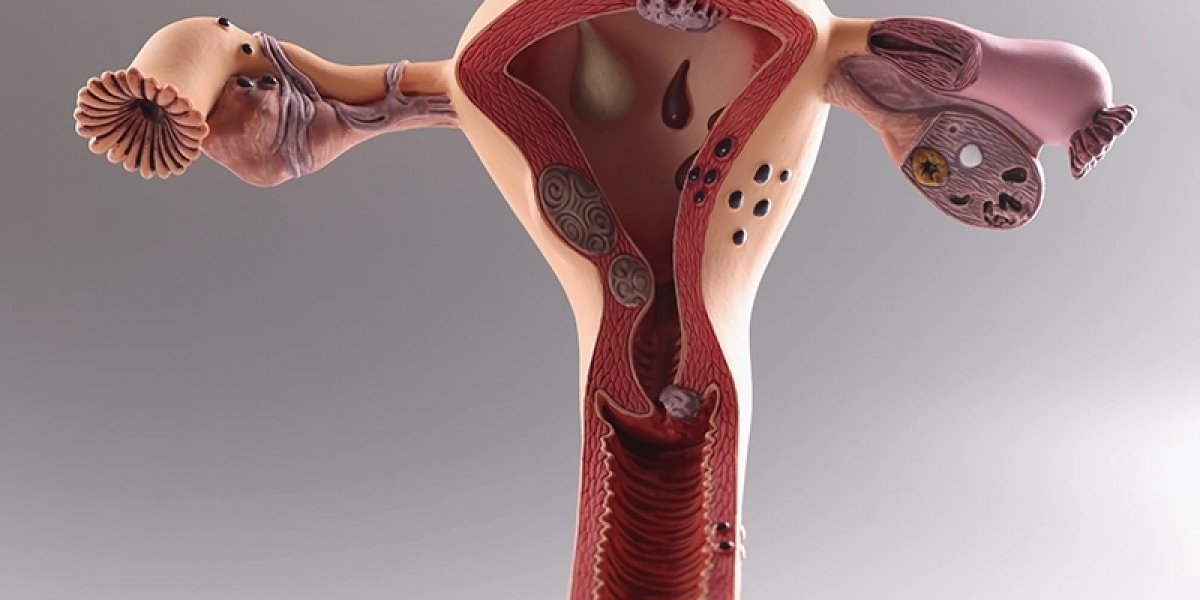Introduction to Abnormal Uterine Bleeding
Abnormal uterine bleeding (AUB) refers to any deviation from a woman’s normal menstrual cycle, including irregular periods, heavy bleeding, or bleeding between periods. AUB can be caused by various factors, ranging from hormonal imbalances to structural abnormalities. Understanding the causes, symptoms, and treatment options for AUB can help women manage the condition and seek appropriate medical help.
Causes of Abnormal Uterine Bleeding
Several factors can cause abnormal uterine bleeding, including:
- Hormonal Imbalances: These can result from conditions like PCOS, thyroid disorders, or perimenopause, leading to irregular or heavy bleeding.
- Uterine Fibroids: Non-cancerous growths in the uterus that can cause heavy or prolonged bleeding.
- Endometrial Polyps: Growths in the uterine lining that may cause irregular bleeding.
- Infections: Pelvic infections, including pelvic inflammatory disease (PID), can lead to abnormal bleeding.
- Cancer: In rare cases, uterine or cervical cancer may cause abnormal bleeding.
Symptoms of Abnormal Uterine Bleeding
The symptoms of AUB can vary depending on the underlying cause. Common symptoms include:
- Irregular or heavy menstrual bleeding
- Bleeding between periods
- Bleeding after sexual intercourse
- Severe pelvic pain or cramping
- Fatigue or weakness due to blood loss
If you experience any of these symptoms, it’s essential to consult a gynecologist for a proper diagnosis.
Treatment Options for Abnormal Uterine Bleeding
Treatment for AUB depends on the underlying cause. Common treatments include:
- Hormonal Therapy: Birth control pills, IUDs, or hormone therapy can help regulate menstrual cycles and reduce bleeding.
- Surgical Treatments:
- Dilation and Curettage (D&C): A procedure to remove abnormal tissue from the uterus.
- Endometrial Ablation: A procedure to destroy the lining of the uterus to stop bleeding.
- Medications: Anti-inflammatory drugs, tranexamic acid, or other medications may be prescribed to reduce bleeding.
Book an Appointment with the Best Gynecologist in Karachi Through Instacare
If you’re experiencing abnormal bleeding, it’s important to get a proper diagnosis from a gynecologist. Book an appointment with a top gynecologist in Karachi through Instacare for expert advice and personalized treatment options.
Conclusion
Abnormal uterine bleeding can be a sign of an underlying health issue. Early diagnosis and treatment can help manage the condition and prevent further complications.
FAQs
- What are the causes of abnormal uterine bleeding? Hormonal imbalances, uterine fibroids, and infections are common causes of AUB.
- Can AUB affect fertility? In some cases, untreated AUB can impact fertility, especially if it’s related to conditions like fibroids or endometriosis.
- How is abnormal uterine bleeding diagnosed? Diagnosis typically involves a pelvic exam, ultrasound, and sometimes a biopsy to rule out any underlying issues.








